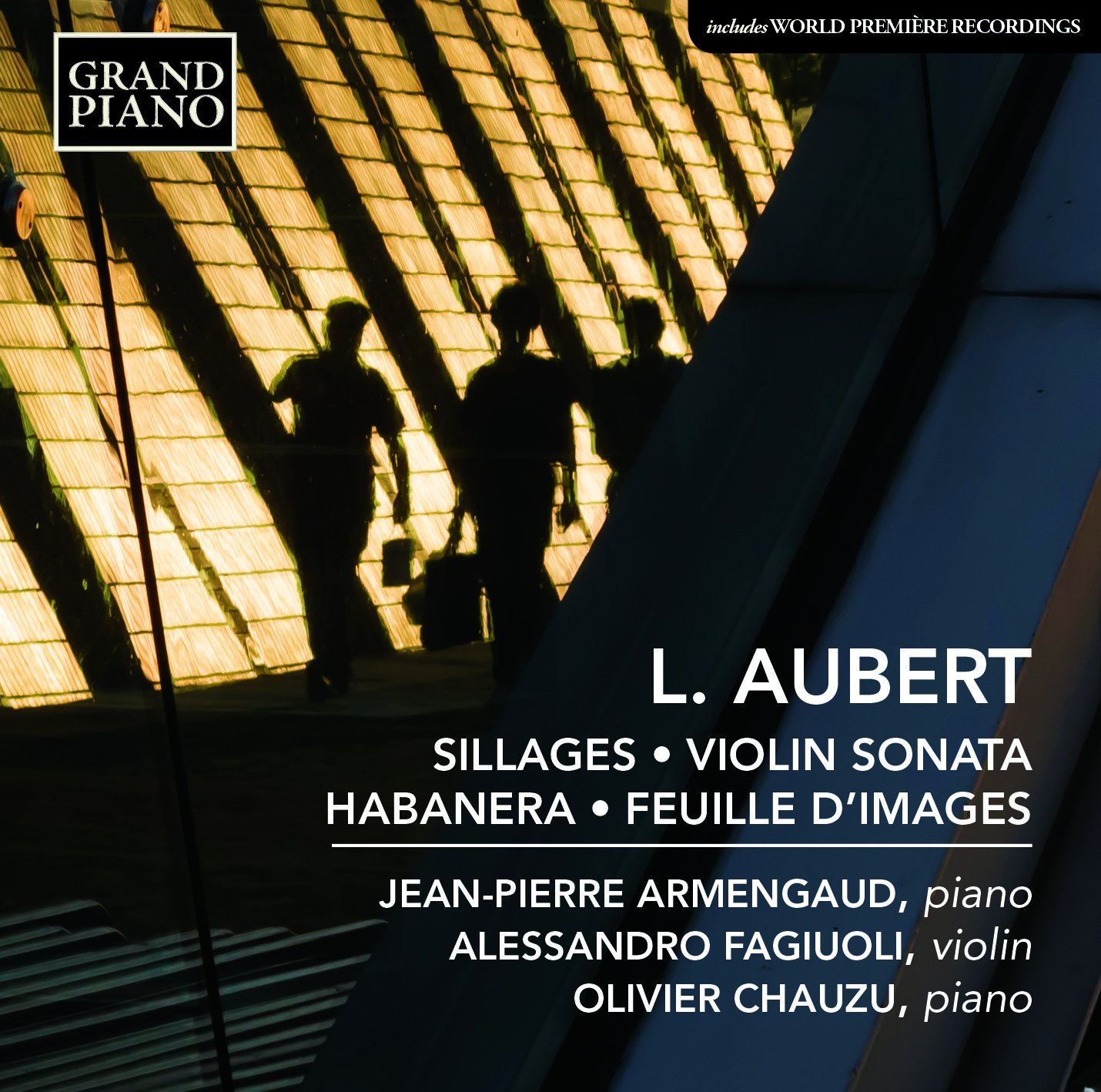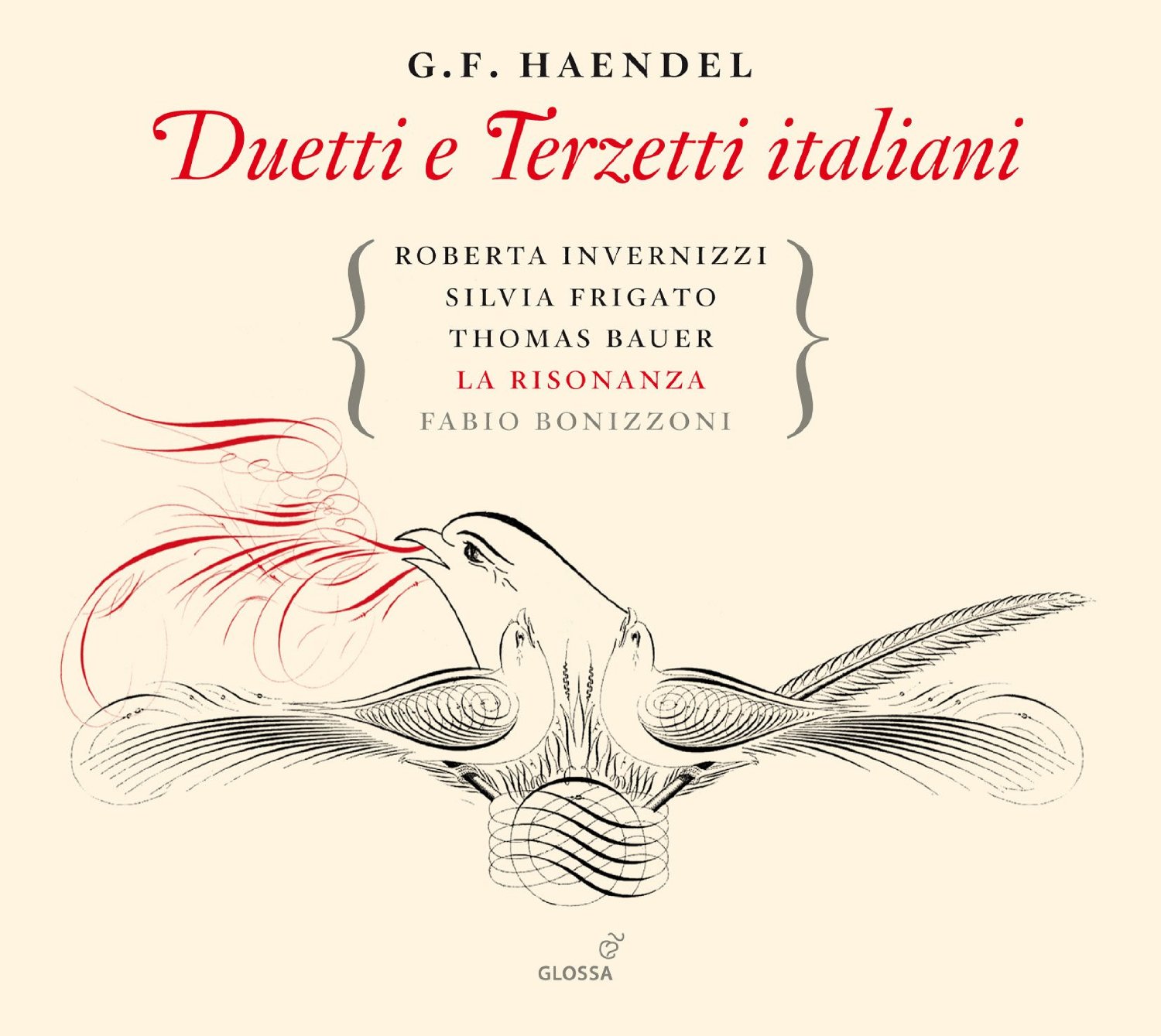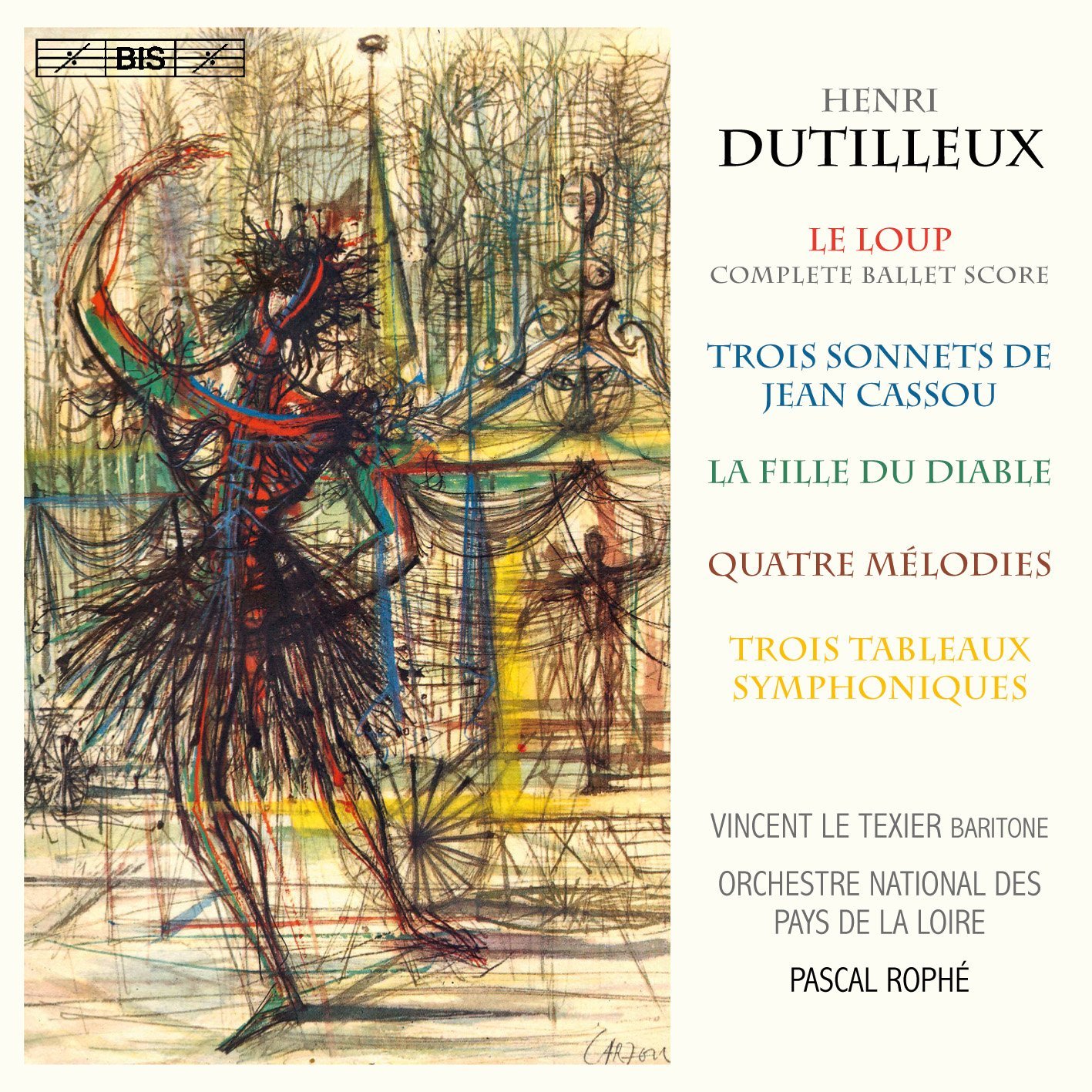 Louis Aubert: Sillages, Violin Sonata etc Jean-Pierre Armengard (piano), Alessandro Fagiuoli (violin), Olivier Chauzu (piano) (Grand Piano)
Louis Aubert: Sillages, Violin Sonata etc Jean-Pierre Armengard (piano), Alessandro Fagiuoli (violin), Olivier Chauzu (piano) (Grand Piano)


In 2007 Maxim Vengerov had to withdraw completely from violin playing, and stayed away for four years. He had suffered the after effects of a weight-lifting injury to his shoulder, and needed surgery. But he also described at the time that he felt he needed to re-learn the instrument. If people – like the writer of last night's programme introduction – now refer casually to his “effortless virtuosity”, it is clearly something which has been acquired with an intense effort and sense of purpose.

 Handel: Duetti e Terzetti italiani Roberto Invernizzi (soprano), La Risonanza/Fabio Bonizzoni (Glossa)
Handel: Duetti e Terzetti italiani Roberto Invernizzi (soprano), La Risonanza/Fabio Bonizzoni (Glossa)

One strain of American music sprang up one evening early in 1950 from a chance encounter at Carnegie Hall, where the New York Philharmonic had played Webern’s Symphony to an audience of all-too-predictably restless patrons. Both bewitched by the Webern and upset at the response, John Cage and Morton Feldman bumped into one another as they left and stayed friends for life: now they have been reunited at a day of concerts within the new music festival hosted by the University of Birmingham.

"It’s all very well, but you can’t call it a symphony". So said William Walton of Mahler’s Third, all six movements and a hundred minutes of it. Jakub Hrůša conducted the Philharmonia last night on fine if hardly infallible form in a performance notable for its restraint in a work remarkable for the excess which raised Walton’s eyebrow.

2015, Sibelius anniversary year, yielded no London performances of the composer's last masterpiece, the Prospero's farewell of his incidental music to The Tempest. With Shakespeare400, 2016 has already made amends: even if the Bardic input came solely from Simon Callow doing all the voices, and summing up the plot – "elsewhere on the island", "meanwhile..." – Osmo Vänskä served up more of the original numbers for the 1926 Copenhagen production than I've encountered live before.

The music of Louis Andriessen is instantly recognisable but frustratingly difficult to define. The American Minimalists are a strong influence, but so too is Stravinsky, and through him, Bach. Those figures provide the context for Andriessen’s works in the Barbican mini-festival M is for Man, Music and Mystery, which this Britten Sinfonia concert inaugurated. The connections proved strong – in this case with Steve Reich – even if they did little to counter the image of Andriessen as a radical and utterly unique voice.

What fun it must have been to attend any of the St Petersburg Free Music School concerts during the second half of the 19th century. Balakirev, idiosyncratic mentor of the group briefly together as the "Mighty Handful", and his acolytes – Borodin, Musorgsky, Rimsky-Korsakov and the one we usually don't mention, César Cui – would have had orchestral works and sometimes the odd aria from an opera-in-progress on the programme, often alongside music by their western idols Berlioz, Liszt and Schumann.
Renée Fleming recently announced her imminent retirement from the opera stage. But she has no plans to stop performing, and will instead devote her time to recitals and concerts. Yesterday’s excellent performance with the BBC Symphony Orchestra bodes well for her new career focus. And she’s not one to rest on her laurels, here giving UK premieres of two new works written for her voice, ever the adventurous artist, always playing to her strengths.

 Dutilleux: Le Loup, and other early works Vincent Le Texier (baritone), Orchestre National des Pays de la Loire/Pascal Rophé (BIS)
Dutilleux: Le Loup, and other early works Vincent Le Texier (baritone), Orchestre National des Pays de la Loire/Pascal Rophé (BIS)
